Elvis Presley is eternal.
In recent years, the allure of the rock and roll musician has been reignited with movies like "Elvis" and "Priscilla" pulling back the veil on the triumph and tragedy of the legend. Long after his death in 1977, his legacy has lived on through his music and famous family members: the late Lisa Marie Presley, his granddaughter Riley Keough and ex-wife Priscilla Presley.
However, what gets lost in all the conversation and controversy surrounding the Presley family is Elvis' artistry. Netflix's documentary "Return of the King: The Fall and Rise of Elvis" puts the spotlight on one of music's greatest acts, leading up to a landmark career moment — Elvis' 1968 NBC Comeback Special. Directed by Jason Hehir, the documentary takes audiences through an intimate look at Elvis' career struggles and how he made it back on top by staying true to his artistry and sense of self.
Here are some of the most fascinating bits of music history shared in "Return of the King: The Fall and Rise of Elvis":
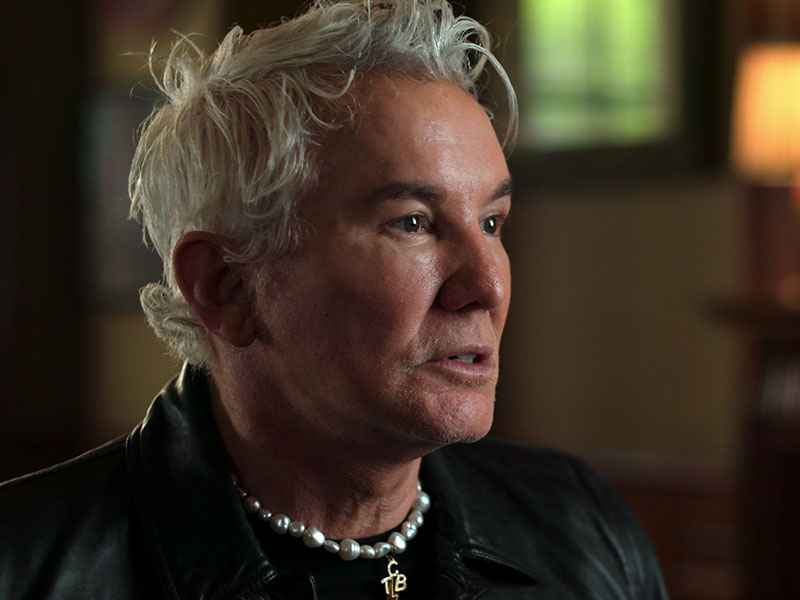 The Return of the King: The Rise and Fall of Elvis Presley (Netflix)
The Return of the King: The Rise and Fall of Elvis Presley (Netflix)Baz Luhrmann, the director of the Oscar-nominated film "Elvis," revealed a glimpse of Elvis's mindset moments prior to his career-reviving special.
Elvis told his director, "I can't go out there. I can't do it." The director pushed him to go out there as the crowd was rushing into the stage, and the singer was already wearing a leather two-piece outfit.
The director said, "I'll tell you what. You go out there and if you don't like it, I'll pretend the tapes were destroyed."
That act pushed the fading star into performing even though he was nervous that the special could potentially further jeopardize his career.
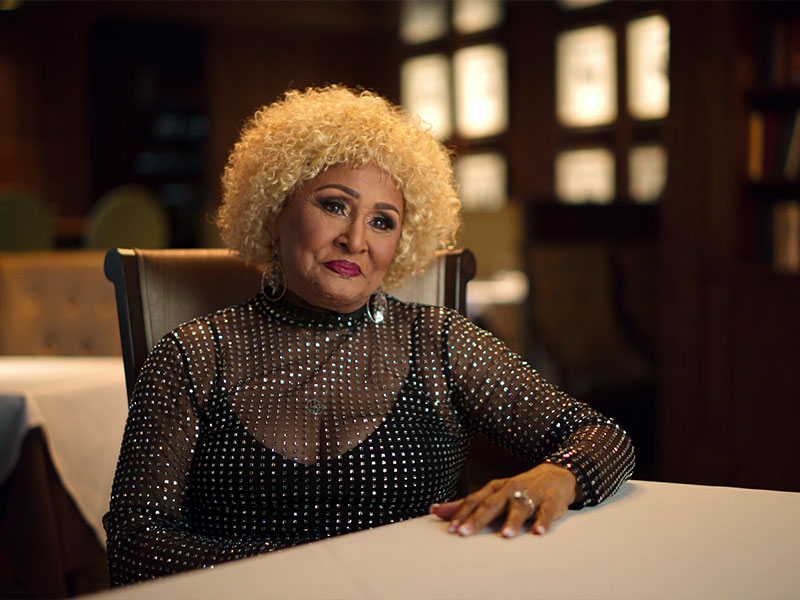 The Return of the King: The Rise and Fall of Elvis Presley (Netflix)
The Return of the King: The Rise and Fall of Elvis Presley (Netflix)"Back in those days music is very segregated. Most music that we heard was all Black, and it was rhythm and blues: B.B. King, Little Richard. White people was playing Pat Boone and the McGuire Sisters, we weren't really interested in that kind of music," musician Darlene Love, who was one of Elvis' friends and collaborators, shared.
She explained Elvis' southern background had connections to the Black community. Love said, "I asked him, 'How did you come about really loving Black people's music?' He said he would go around Black churches and just stand at the windows and listen to their music.'"
Love also shared that Elvis' performance style spurred everyone to say things like "Oh, he's trying to be Black. But he really wasn't. That was just how he was."
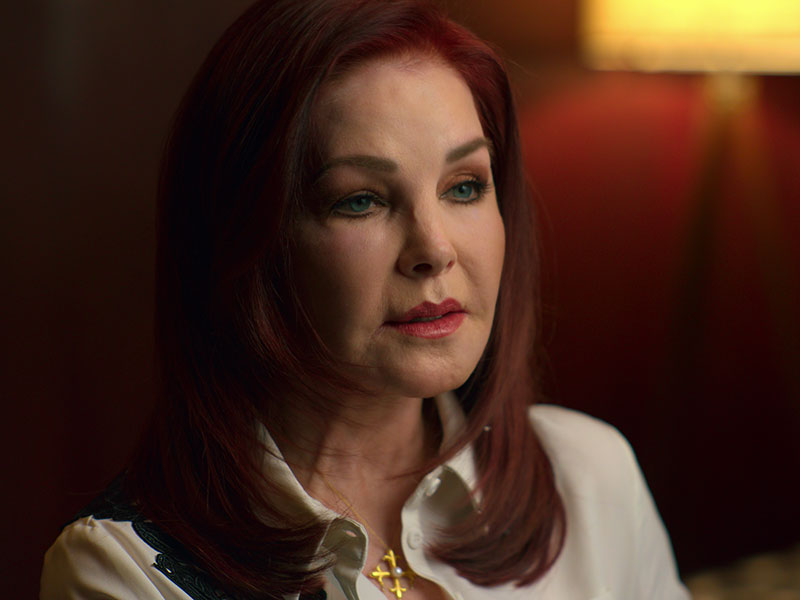 The Return of the King: The Rise and Fall of Elvis Presley (Netflix)
The Return of the King: The Rise and Fall of Elvis Presley (Netflix)When Elvis returned from deployment in Germany, his music career took a nosedive even though he was in successful musicals like "Blue Hawaii." In fact, he was featured in several Hollywood pictures that he wasn't interested in and felt the movies made him a laughing stock. This then led the musician to reject live performances for seven years.
Priscilla Presley opened up about her ex-husband's career stagnancy. She shared, "I'd know he'd be very angry. I saw him throw so many scripts across the room. Frustration, anger and lost a little bit on where his career was going. Because those were not the roles he wanted."
In an archival recording, Elvis can be heard explaining having a lack of agency in his acting career. "Hollywood's image of me was wrong, and I knew it. And I couldn't do anything about it. I didn't know what to do. I just felt like I was obligated to things I didn't fully believe in," he said.
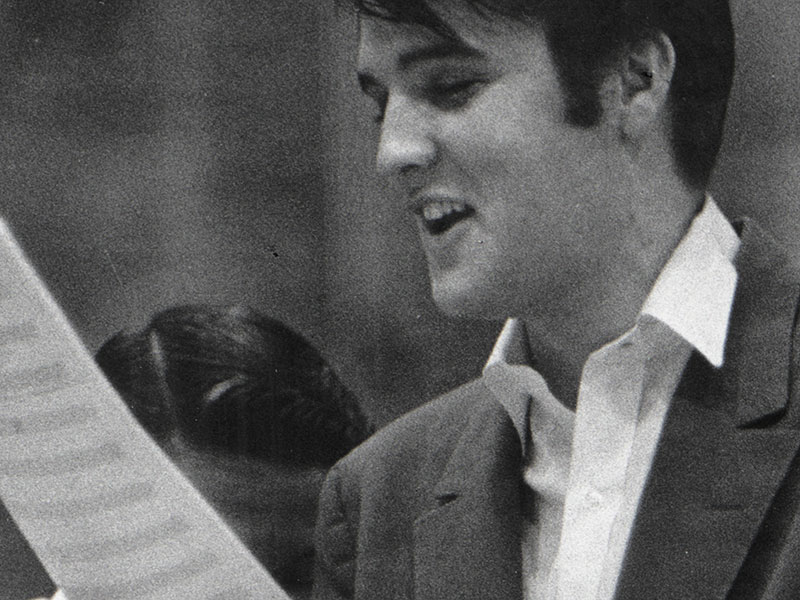 The Return of the King: The Rise and Fall of Elvis Presley (Netflix)
The Return of the King: The Rise and Fall of Elvis Presley (Netflix)When the Beatles came to the United States, members of the young British group wanted to meet Elvis.
Priscilla recalled, "The Beatles came to our house in Bel Air, which was a funny evening.
"When they did come in they were so nervous. In fact, Elvis sat down on the couch, John Lennon and Paul McCartney just stared at him," Priscilla laughed.
"Never said a word. Just looked at him. They were so nervous, and Elvis basically was saying, 'Well, if you're not gonna talk . . .' He turned on the TV. They were just mesmerized by him," she said.
Lennon later told talent manager Jerry Schilling that he didn't dare to tell Elvis that his sideburns almost got him kicked out of high school. Lennon said, "We wouldn't be here today if it wasn't for him."
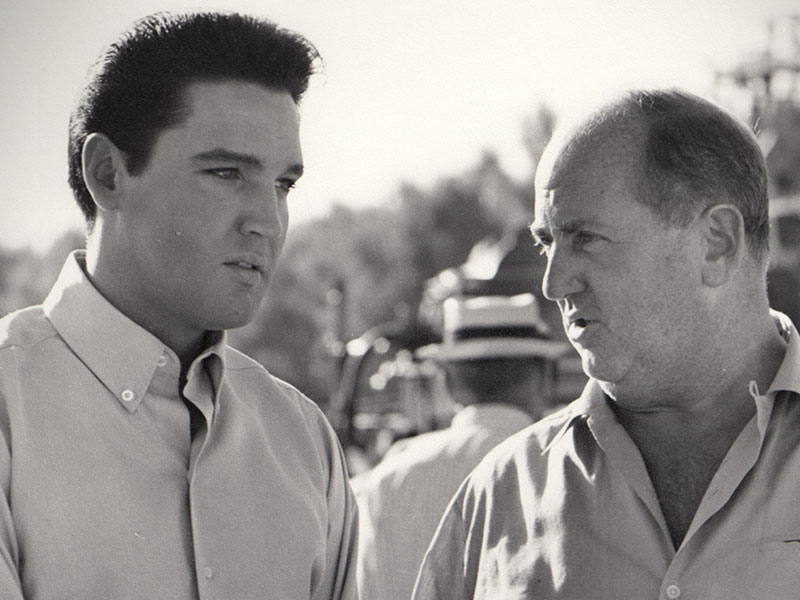 The Return of the King: The Rise and Fall of Elvis Presley (Netflix)
The Return of the King: The Rise and Fall of Elvis Presley (Netflix)When the public had counted Elvis out, he began focusing on Gospel music, married Priscilla and had a child, Lisa-Marie Presley.
However, his NBC '68 music special was being run by his overbearing manager Colonel Tom Parker. The original production of the special was incorporated with skits, sketches and kitschy acting.
But the director, Steve Binder found that a raw unfiltered and stripped-back musical version of Elvis is what the audience should see. His manager rejected this but Binder was relentless and eventually Parker let up.
Despite all the setbacks, Elvis was finally going to have a real music moment. But the star was incredibly nervous for the public to see him this way. Another great musician, Bruce Springsteen shared in the documentary, "[Elvis] was going where his destiny was leading him."
The '68 special was lightning in a bottle
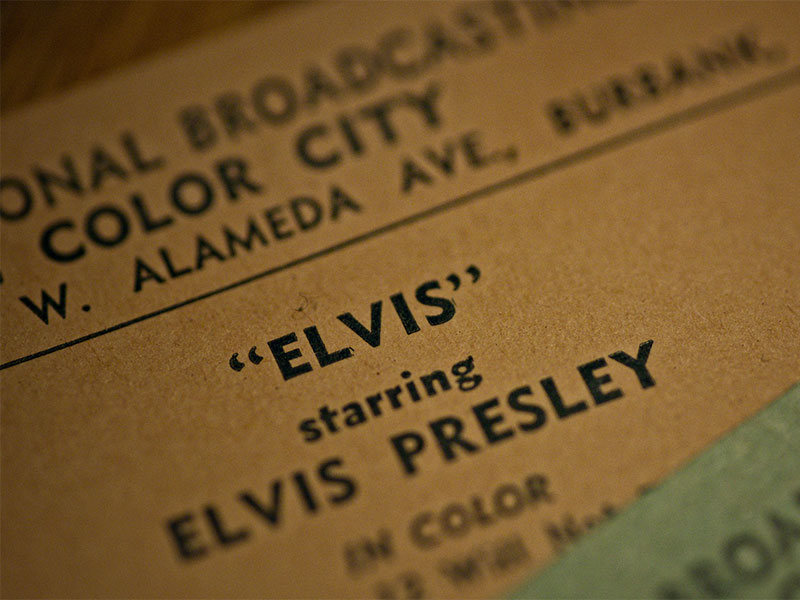 The Return of the King: The Rise and Fall of Elvis Presley (Netflix)
The Return of the King: The Rise and Fall of Elvis Presley (Netflix)Elvis' comeback was glorious for the people who got to experience it in real time. Priscilla recalled she sat at the top of the stage so she could see everything. "He came onstage, he was like, 'Wow.' . . . That was the first time I saw him perform, and I went 'Whoa. This is what it's about?'"
Springsteen also recalled watching it as a child on his television at home. He said, "That was the rebirthing of Elvis Presley. It was a reintroduction not just to who he had been, but to who he could be."
An audience member from the special said, "It was breathtaking."
Singing songs like "Jailhouse Rock," "Burning Love," "If I Can Dream" and many more, Elvis made the most of his comeback special's comeback, which became a landmark in music history.
"Return of the King: The Fall and Rise of Elvis" is now available to stream on Netflix.
Read more
about this topic


